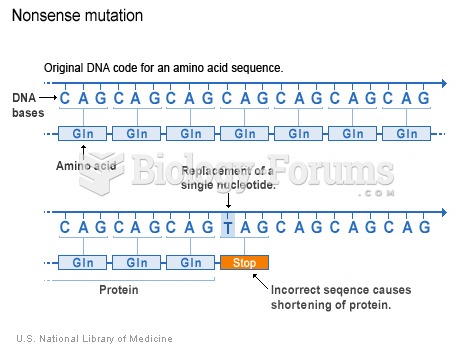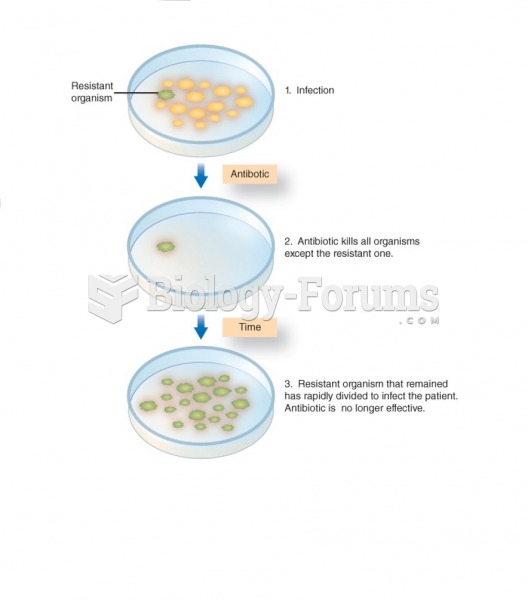|
|
|
Only one in 10 cancer deaths is caused by the primary tumor. The vast majority of cancer mortality is caused by cells breaking away from the main tumor and metastasizing to other parts of the body, such as the brain, bones, or liver.
Oliver Wendell Holmes is credited with introducing the words "anesthesia" and "anesthetic" into the English language in 1846.
Aspirin is the most widely used drug in the world. It has even been recognized as such by the Guinness Book of World Records.
The first oncogene was discovered in 1970 and was termed SRC (pronounced "SARK").
Certain topical medications such as clotrimazole and betamethasone are not approved for use in children younger than 12 years of age. They must be used very cautiously, as directed by a doctor, to treat any child. Children have a much greater response to topical steroid medications.
 The 2012 U.S. presidential campaign rang with “get tough” cries to end Iran’s nuclear capacity and c
The 2012 U.S. presidential campaign rang with “get tough” cries to end Iran’s nuclear capacity and c
 Female roundworm. Roundworms have long, cylindrical bodies with a tough covering. Eggs laid by the ...
Female roundworm. Roundworms have long, cylindrical bodies with a tough covering. Eggs laid by the ...





